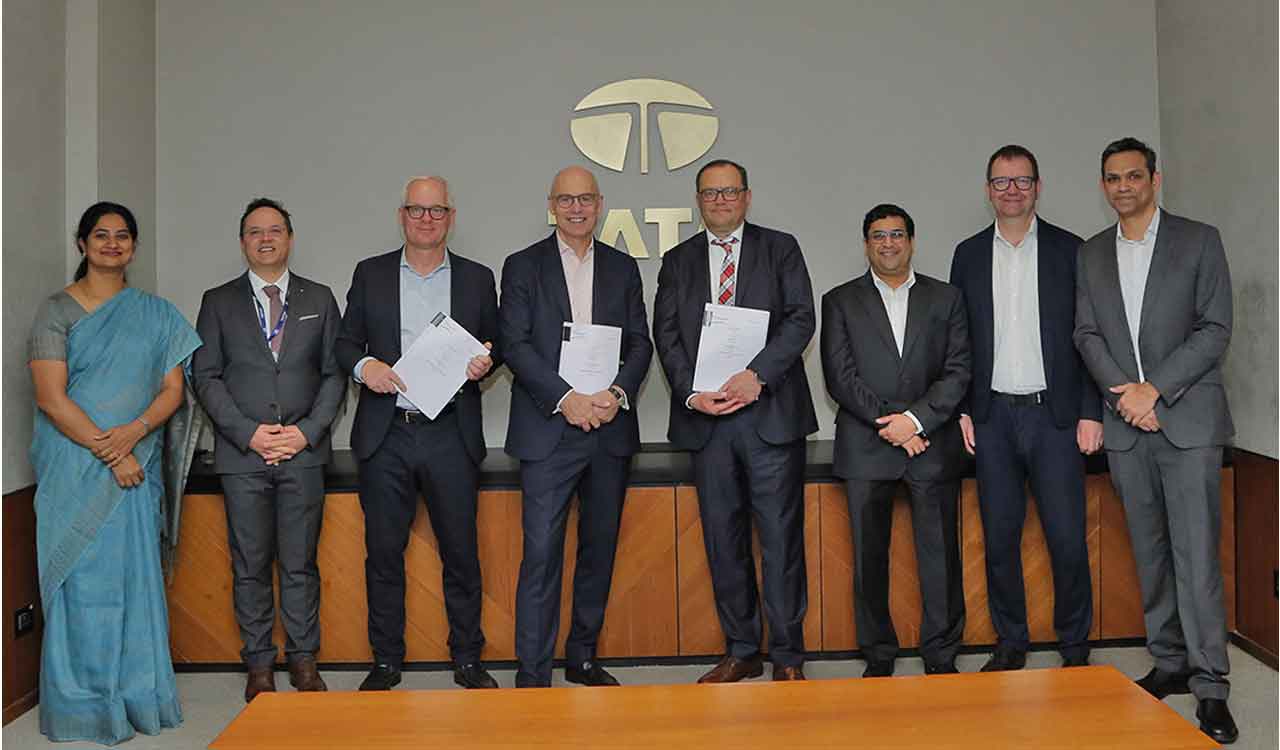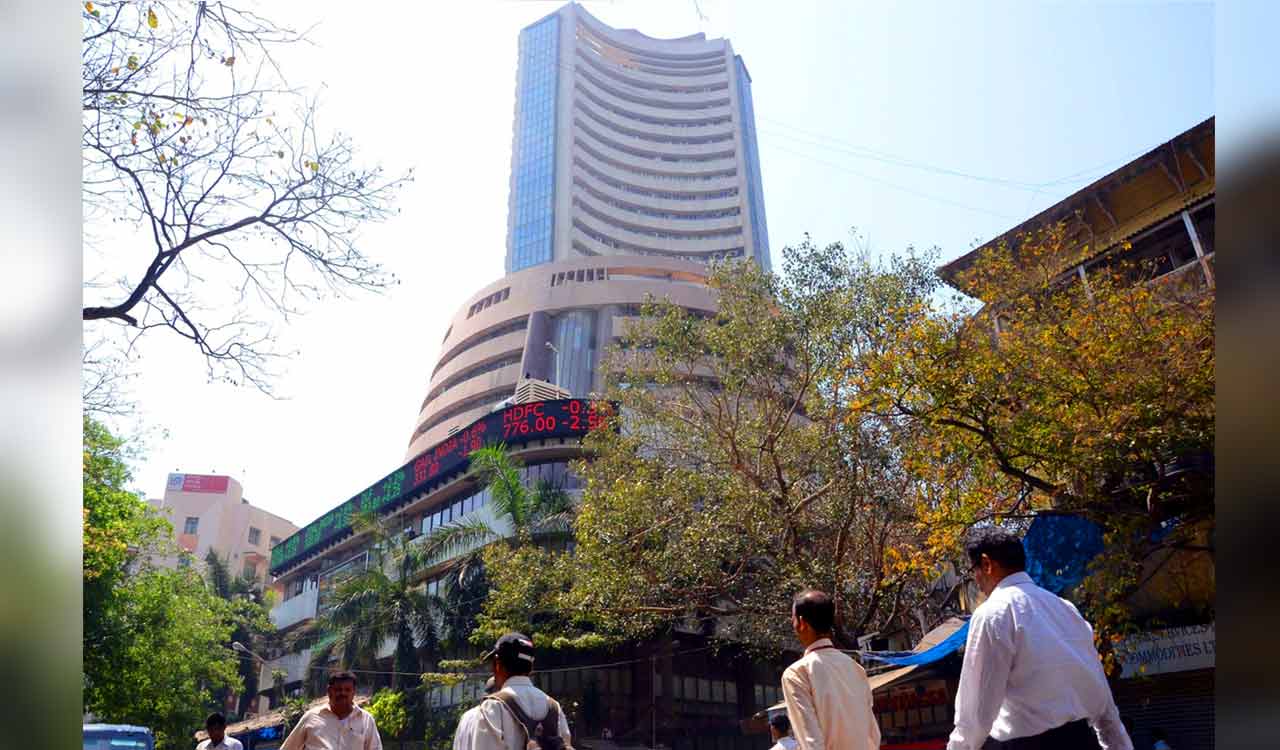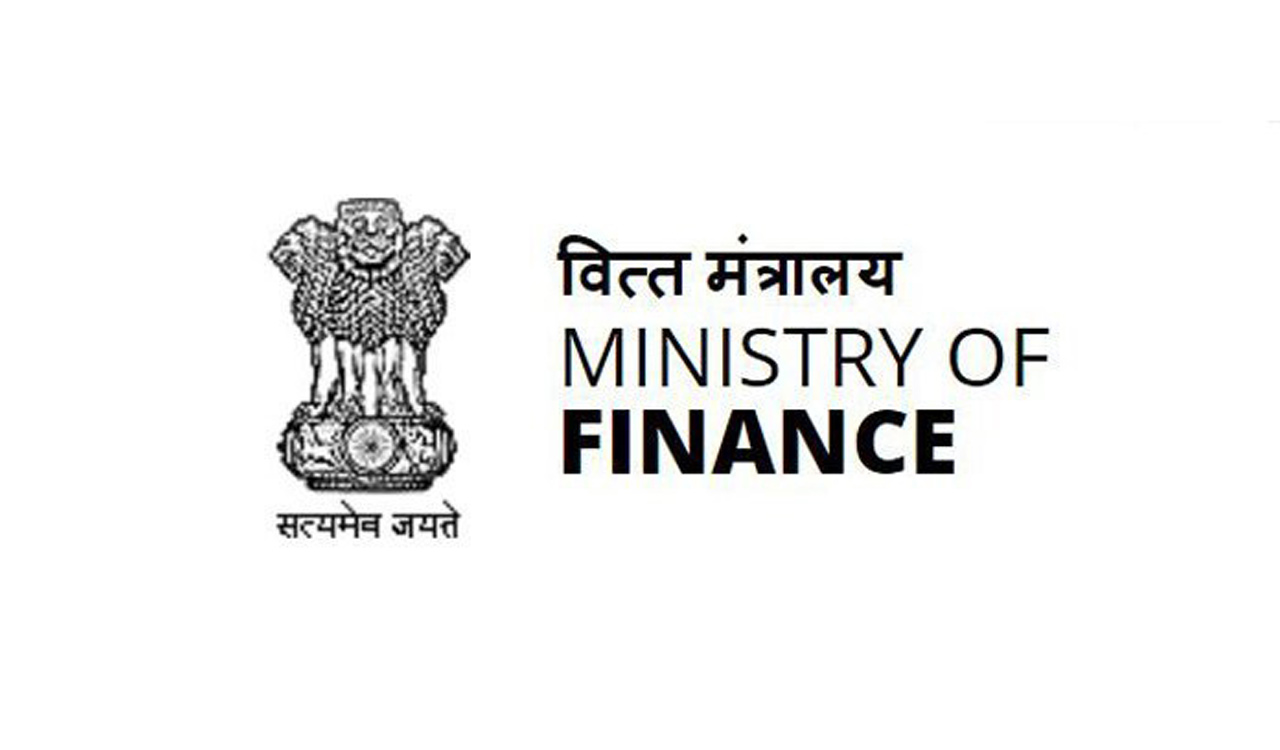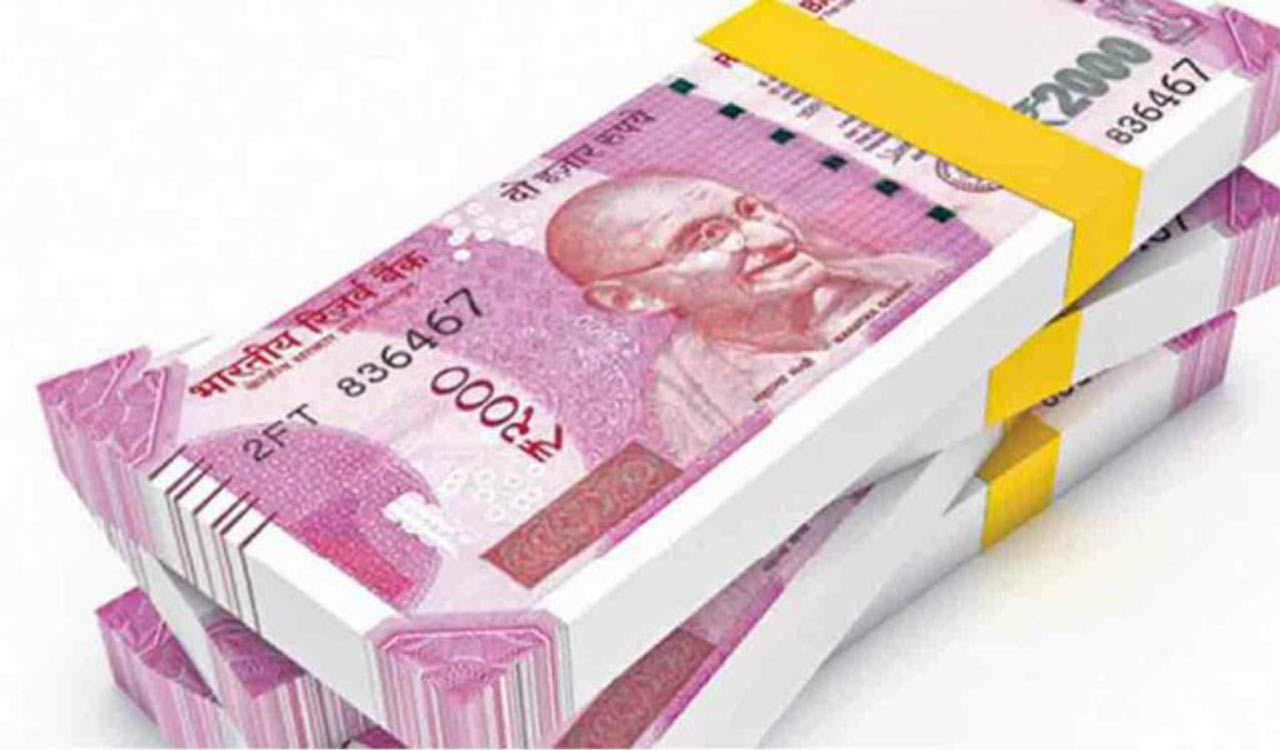The consultation paper highlights pertinent issues prevalent in the broadcasting sector with an objective of making India a ‘Global Content Hub’.
Published Date – 2 April 2024, 01:51 PM
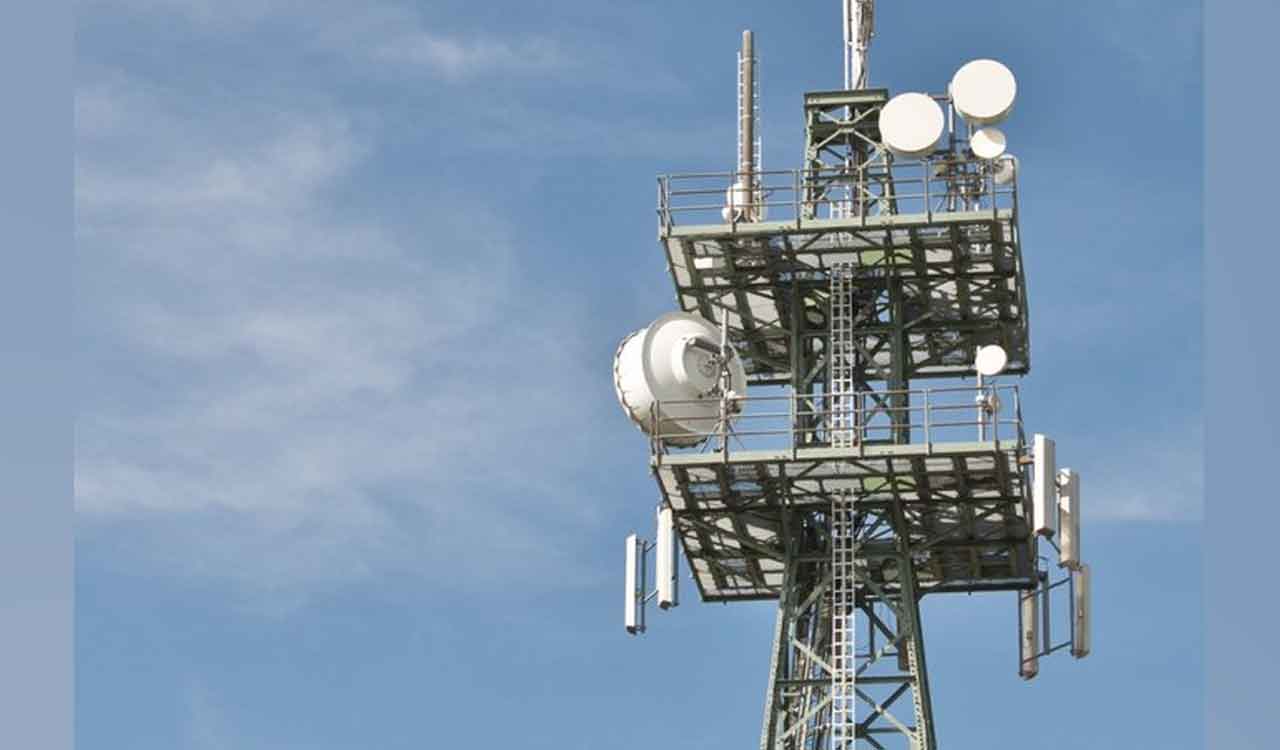
New Delhi: The Telecom Regulatory Authority of India (TRAI) on Tuesday released a consultation paper for formulation of the ‘National Broadcasting Policy 2024’, in an effort to bolster the broadcasting sector which is a sunrise industry.
The consultation paper highlights pertinent issues prevalent in the broadcasting sector with an objective of making India a ‘Global Content Hub’.
The consultation paper, titled ‘Inputs for formulation of National Broadcasting Policy-2024,’ has been prepared for seeking comments from stakeholders, the Ministry of Communications said in a statement.
“Written comments on the issues raised in the consultation paper are invited from stakeholders by April 30, 2024. It may be noted that no counter-comments are being invited in this consultation paper, as this paper intends formulation of inputs for the broadcasting policy,” said the TRAI.
The Ministry of Information and Broadcasting in July last year requested the TRAI to provide its considered inputs under Section 11 of the TRAI Act, 1997 for formulation of the National Broadcasting Policy.
As a first step, TRAI issued a pre-consultation paper on September 21, 2023, to elicit the issues which are required to be considered for the formulation of the National Broadcasting Policy.
The broadcasting sector has a huge potential to contribute towards the growth of the Indian economy.
The inputs for formulation of policy aim at stipulating the vision, mission, objectives and strategies for the planned development and growth of the broadcasting sector in the country in the era of new and emerging technologies.
The paper raises questions on the policy and regulatory measures and the strategies to be adopted for increasing the contribution to the economy through universal reach, fostering innovation with a focus on R&D, facilitating job creation, skill development and start-up promotion, said the ministry.


